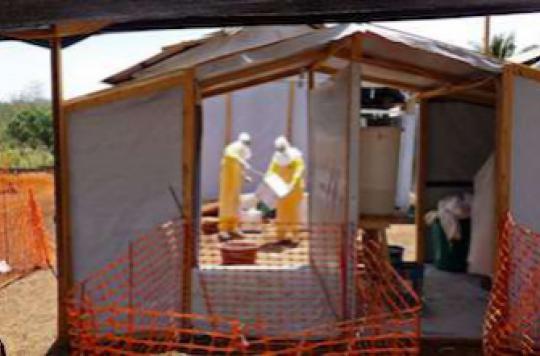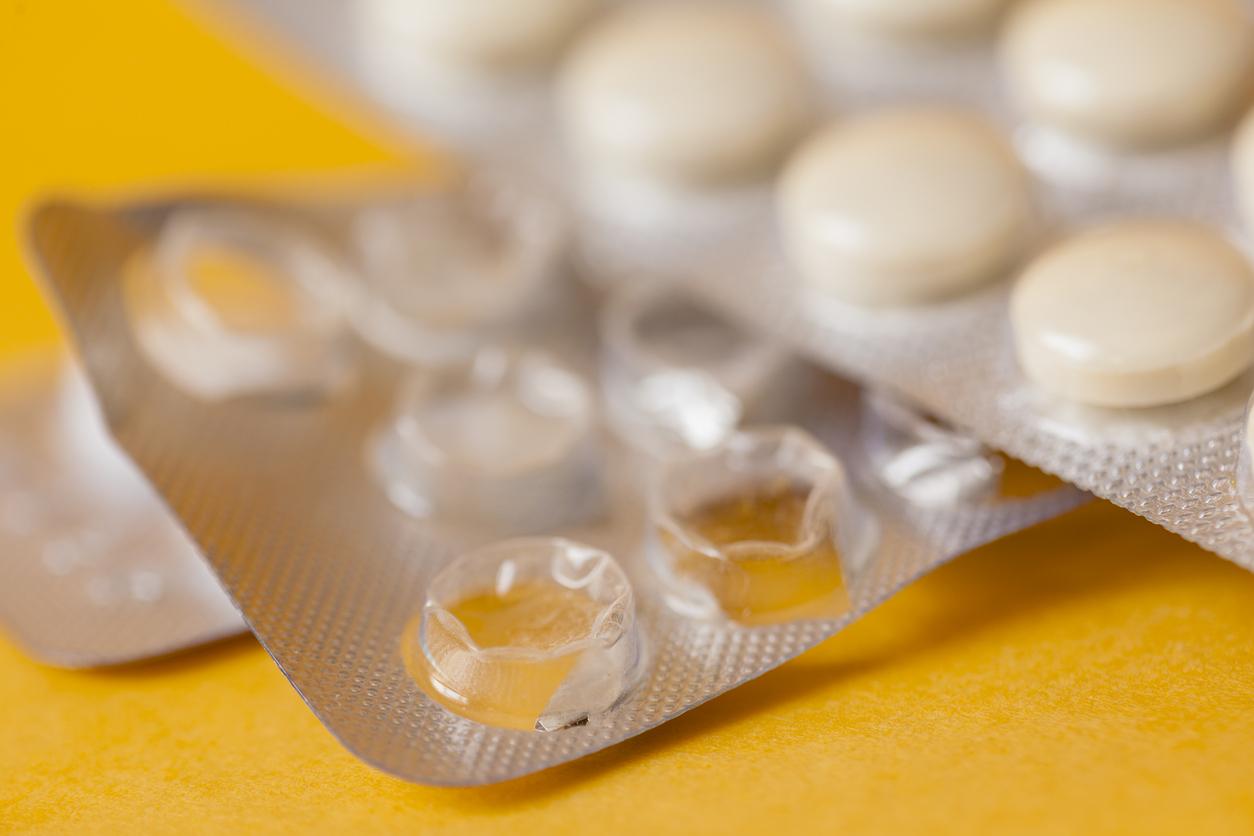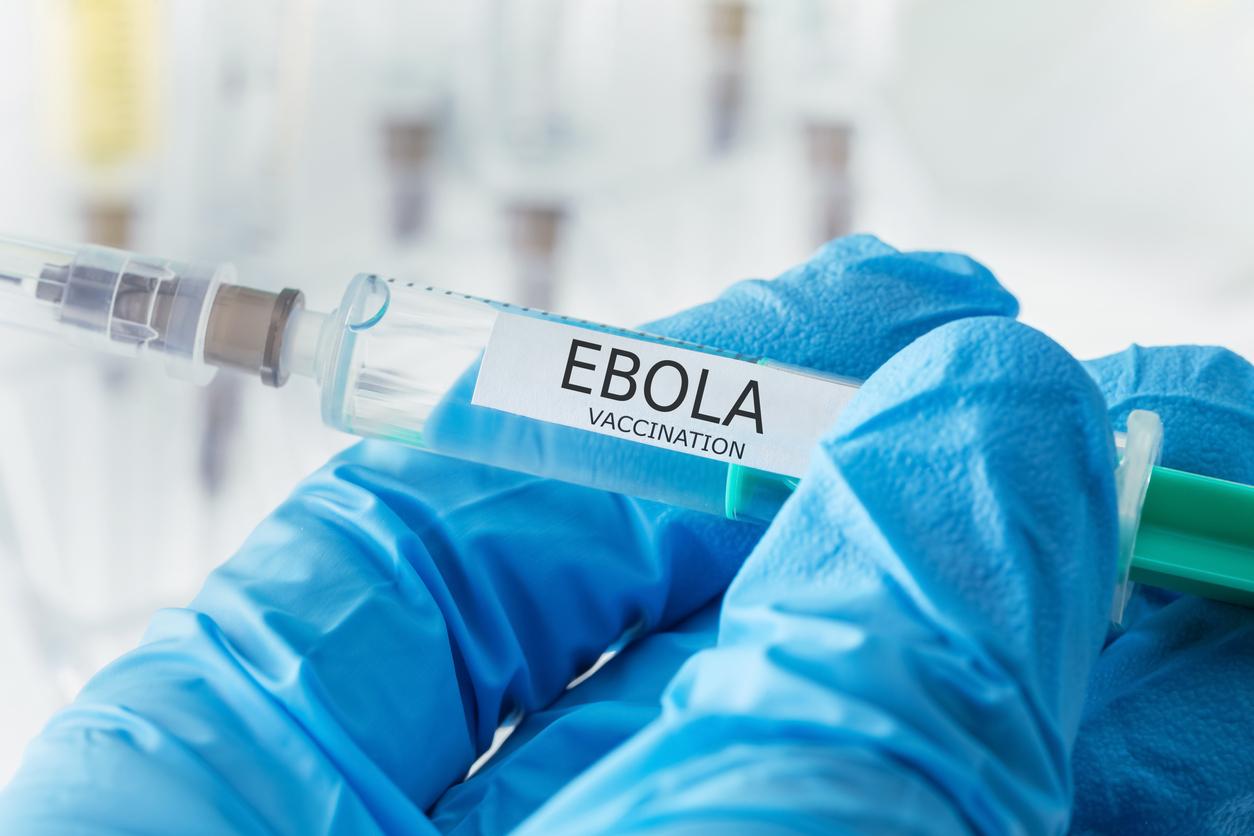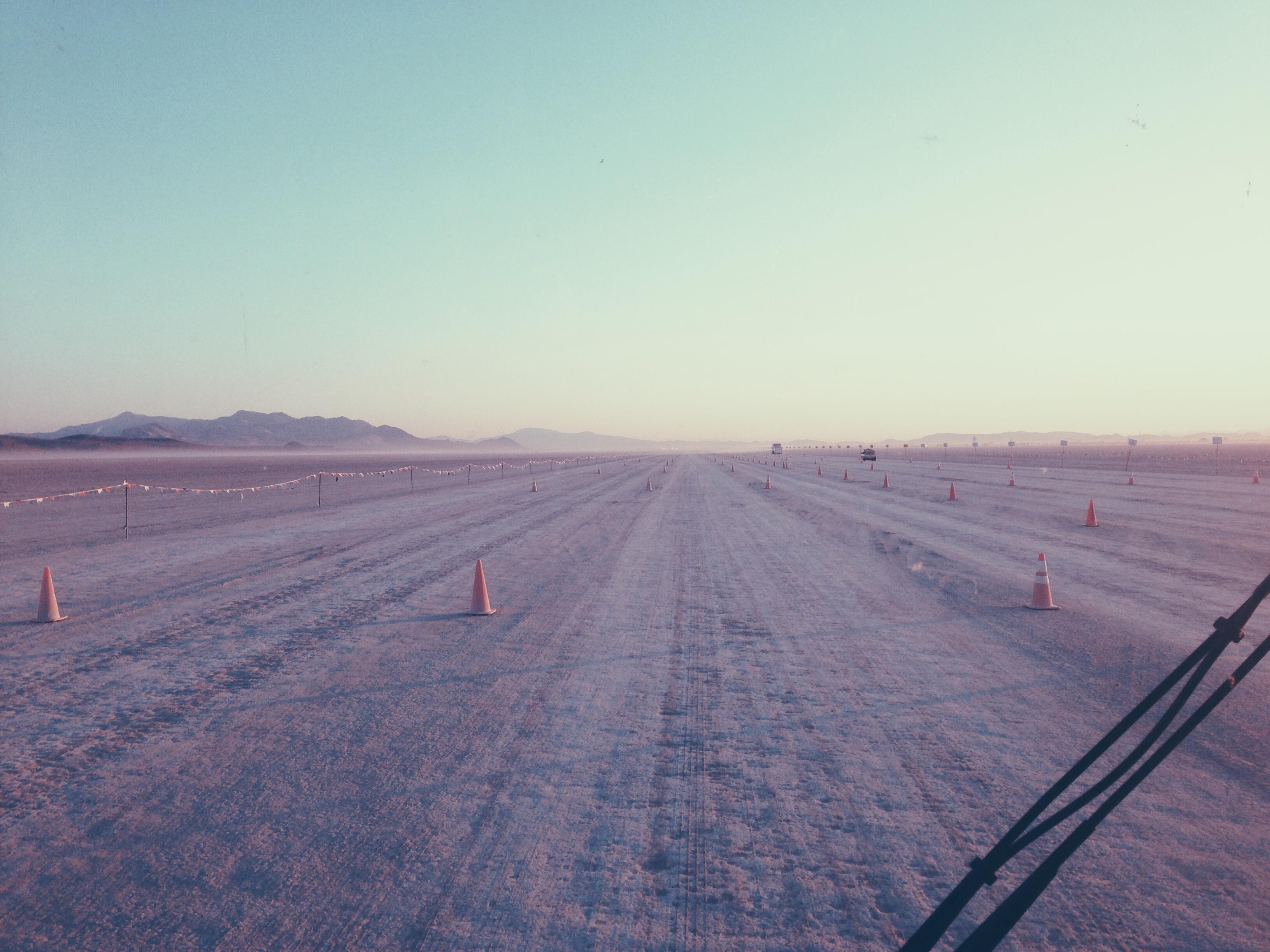On Monday, Japan said it was ready to provide an experimental treatment developed by a Japanese company to fight the Ebola virus. It is a known antiviral, already used against influenza.

Recently, the World Health Organization (WHO) approved the use of unauthorized drugs to fight the epidemic of hemorrhagic fever linked to the Ebola virus which is currently raging in West Africa. Treatments whose effectiveness, as well as side effects, are not known. As such, Japan said it was ready on Monday to provide an experimental treatment.
An antiviral against the flu
“Our country is prepared to deliver the drug in cooperation with the manufacturer if the World Health Organization (WHO) requests it,” Government Secretary-General Yoshihide Suga said in comments reported by the Agency. France Presse (AFP).
This Japanese drug, favipiravir (or “T-705”), is marketed under the name Avigan by Toyama Chemical, a subsidiary of imaging specialist FujiFilm Holdings. Compared to ZMapp, it has the advantage of having been approved in March in Japan as an antiviral against influenza. This treatment has another advantage, that of its administration in the form of tablets. A mode that can facilitate treatment in areas with limited medical infrastructure. “Even before the WHO takes a decision, we are ready to respond to individual requests (of medical workers) under certain conditions if it is an urgent case,” Yoshihide Suga stressed.
A product in clinical testing
Asked a few days ago by why actor on this treatment, Dr Eric Leroy, Director of Research at IRD (1) confided that “like other experimental treatments, this is an interesting avenue. It works against a specific enzyme that allows the Ebola virus to multiply. But with this product, we are very far from official approval and effectiveness as it has already demonstrated against influenza or other viruses.
This product has not even been tested in primates. The only test was done in vitro (on cell lines) and in a mouse model which had previously been made deficient in the interferon receptor. In short, “special” mice. But in these tests, the researchers noted an “effectiveness”. However, we are still very far from an experiment in humans, ”he thought. Except that the product is currently in clinical testing in the United States, the Japanese company announced.
Reserves for more than 20,000 people
Contacted by AFP, the Japanese group, known for its cameras but which also has an important activity in the medical field (radiography and endoscopy in particular), indicated to have received requests from abroad, without specifying how many or from what country. “We have sufficient reserves for more than 20,000 people,” added a spokesperson. The group has already announced that it could prepare more later.
As a reminder, there is currently no approved vaccine or antiviral against the Ebola virus, which is among the most contagious and fatal in humans, of which it can cause death in a few days.
As of August 20, the death toll stood at 1,427 deaths, out of 2,615 recorded cases. Liberia is the most affected country, with 624 dead since the start of the epidemic. But the results are not very positive either in Guinea (406 deaths), Sierra Leone (392 deaths) and even in Nigeria (5 deaths), a country affected later. WHO says it will take 6 to 9 months of “hard work” to control the epidemic
(1) Within the joint research unit “Infectious diseases and vectors: ecology, genetics, evolution and control”
.












